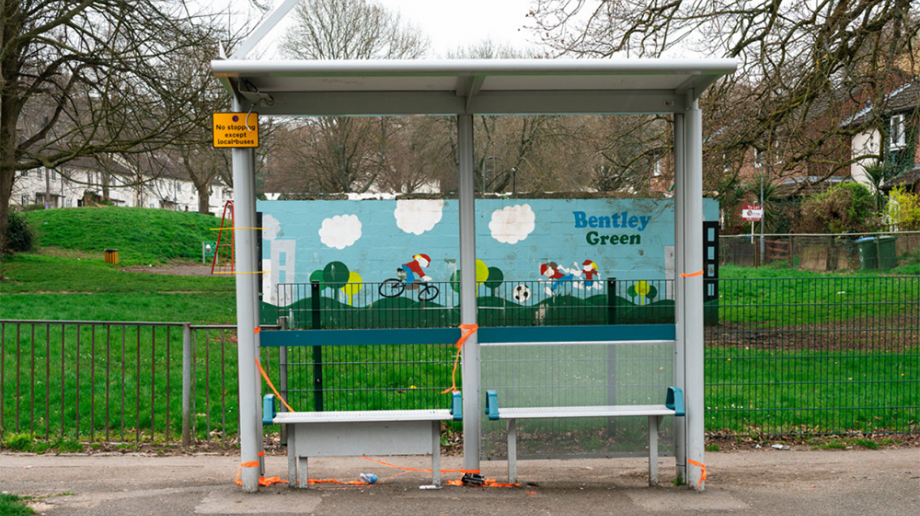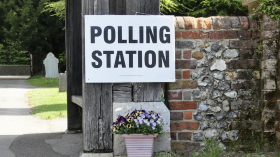Sue Robb of 4Children talks to Julie Laughton and Alison Britton from the Department for Education about the role of childminders in delivering the 30 hours free entitlement.
‘Left behind’ neighbourhoods have poor public transport

A new report has argued that people living in ‘left behind’ neighbourhoods are disconnected from town and city centres, as well as access to essential services, due to poor public transport and low car ownership.
Produced by the Campaign for Better Transport for the All-Party Parliamentary Group for ‘left behind’ neighbourhoods, the report highlights how people living in these areas, are reliant on public transport but have less access to it, compared to other places across England.
For example, 84 per cent of ‘left behind’ neighbourhoods have worse overall connectivity than the England average, and 40 per cent of households in ‘left behind’ neighbourhoods have no car, compared to the English average of 26 per cent. Despite lower levels of car ownership overall, people living in ‘left behind’ neighbourhoods in employment are more likely to travel to work by private car or van, with 67 per cent doing so, compared to 59 per cent in other deprived areas and 63 per cent across England.
The Campaign for Better Transport also warns that local authority-supported bus services in ‘left behind’ areas declined by 35 per cent over the last six years, while commercial services declined by 11 per cent.
‘Left behind’ areas with the poorest connectivity are predominantly located in coastal areas and on the outskirts of post-industrial towns and cities in the North and the Midlands.
To reconnect these places to opportunities and services, the report recommends that government prioritises investment in ‘left behind’ neighbourhoods. It also recommends funds should be directed to the hyper-local level to support communities to and advocate for their needs. Coming on the back of the National Bus Strategy, the government must boost local authorities’ capacity and to plan local transport services and provide long-term funding to deliver those.
Silviya Barrett, head of Policy, Research and Projects at Campaign for Better Transport, said: “As this report shows, it’s hard to overstate the importance of good public transport. Communities that struggle to access jobs, training and essential services have no chance of thriving. The government must invest in public transport to ensure that no communities are left behind and that we build back better in a way that is fair and sustainable.
“Reconnecting lost rail links, reinstating cut bus routes and ensuring local authorities have the funds and skills to provide the public transport local communities need is key to reinvigorating the areas featured in this report and, crucially, ensuring these communities don’t get further left behind.”
Company Focus
Located in Bromley, Japanese Knotweed Eradication Ltd has been providing solutions in the treatment and removal of Japanese Knotweed (Fallopia Japonica) for over a decade. During this time we have mastered a repertoire of methods, from herbicidal treatments to landscaping solutions, tailored to address the unique challenges our clients face with this pervasive weed.
Event Diary
UKREiiF has quickly become a must-attend in the industry calendar for Government departments and local authorities.
The multi-award-winning UK Construction Week (UKCW), is the UK’s biggest trade event for the built environment that connects the whole supply chain to be the catalyst for growth and positive change in the industry.
Supplier Profiles
Geo Energy
At GeoEnergy Design, we're on a mission to disrupt the traditional way heating and cooling ha
Latest Features
Professor Harith Alani, director of the Knowledge Management Institute at the Open University explains how AI can be used for good and bad.
Alex Lawrence, head of health & social care, techUK sets out techUK’s Five Point Plan for CareTech.

















